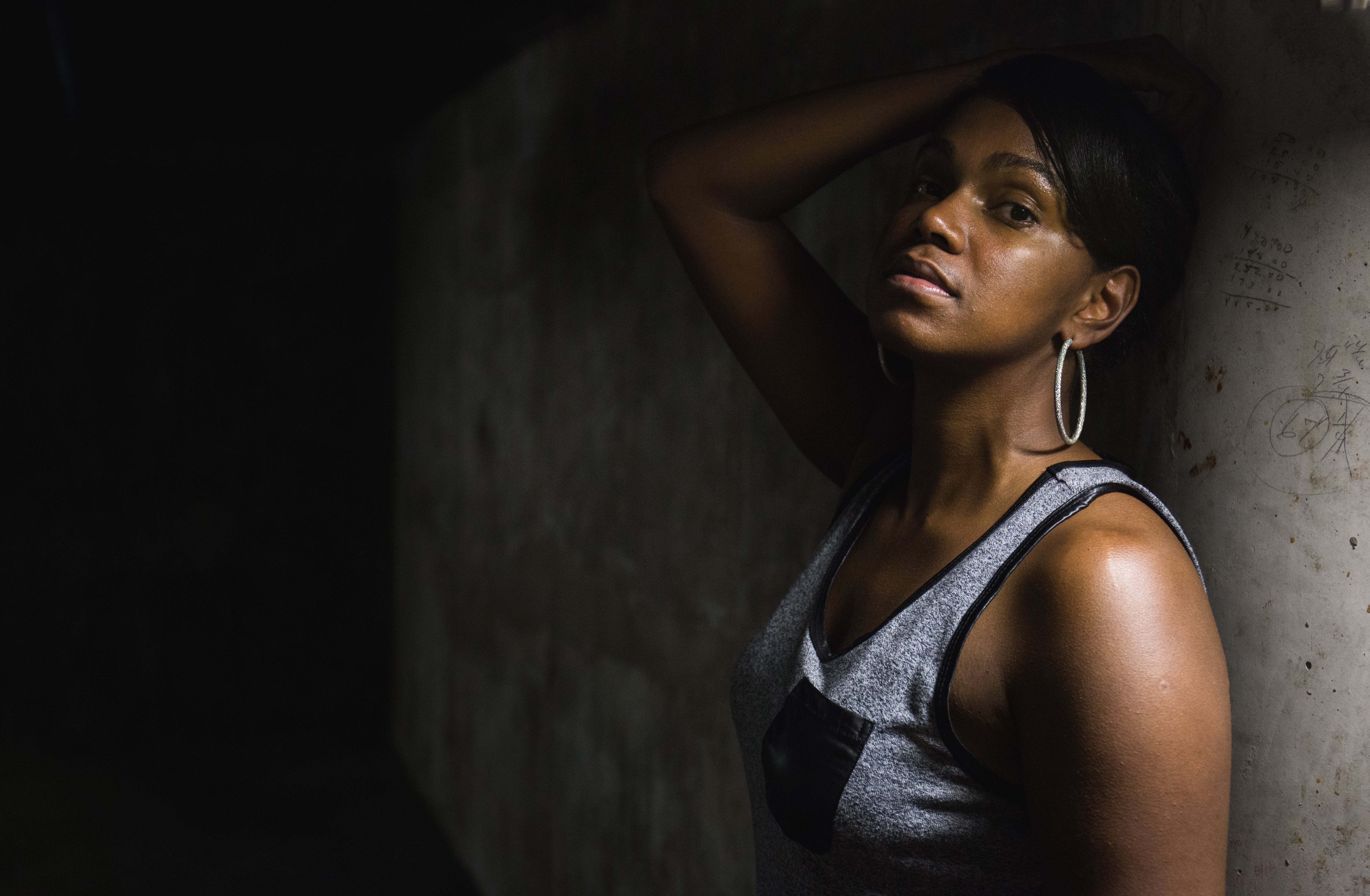
Tynesha Stewart, Clara Riddles and LaToya Pendergrass all gained national attention—not because of how they lived, but how they died. Each was featured in news reports as a victim of domestic violence, killed reportedly by men who were supposed to love them.
Stewart was a 19-year-old student at Texas A&M University when she was strangled and dismembered allegedly by her ex-boyfriend last March. Riddles was 22 years old when she made breaking news on CNN as her ex-boyfriend allegedly pumped bullets into her head, shoulder and torso, just steps away from the CNN headquarters in Atlanta. And this summer in South Carolina, prosecutors say Pendergrass’s ex-boyfriend shot her in front of one of her two young daughters. The accused in the Riddles and Pendergrass cases have pleaded not guilty. A plea has not been entered in the Stewart case.
According to the Bureau of Justice Statistics, domestic violence incidents involving Black women nearly doubled between 2003 and 2004. Experts say some deaths might have been prevented had the abuse been reported earlier, leading to this question: With help only a call away, what’s keeping us from picking up the phone?
“Some battered women don’t define themselves as battered,” asserts Oliver Williams, executive director of the Institute on Domestic Violence in the African American Community.
Awareness—or lack thereof—is also a factor, says Rose Pulliam, president of the National Domestic Violence Hotline and the National Teen Dating Abuse Helpline. “We have to find a way to talk about domestic abuse that doesn’t demonize our men but creates a way of looking at this as something to discuss openly,” she says. Saideh Page-Browne, president of Domestic Violence Speakers bureau, also believes women have to be willing to acknowledge when there is a problem. “Help is there,” she says. “We as a community have to accept the term domestic violence, words usually associated with White people.”
One 45-year-old single mother from the Philadelphia area says she was too embarrassed to reach out during the yearlong abusive relationship in which her boyfriend would hit her in front of her teenage daughter. “[Calling for help] is against how the majority of Black women are raised,” says the woman, who eventually went to police after her boyfriend threw her down a flight of stairs.
Anna Scott, a domestic abuse prevention manager in Florida, insists Black women have to speak up before it’s too late. “Domestic violence is one of those crimes that can be a misdemeanor in the morning and a murder by nightfall,” says Scott.
For information on how to get help, contact the National Domestic Violence Hotline at 800-799-SAFE.
This article originally appeared in the October 2007 issue of ESSENCE.
